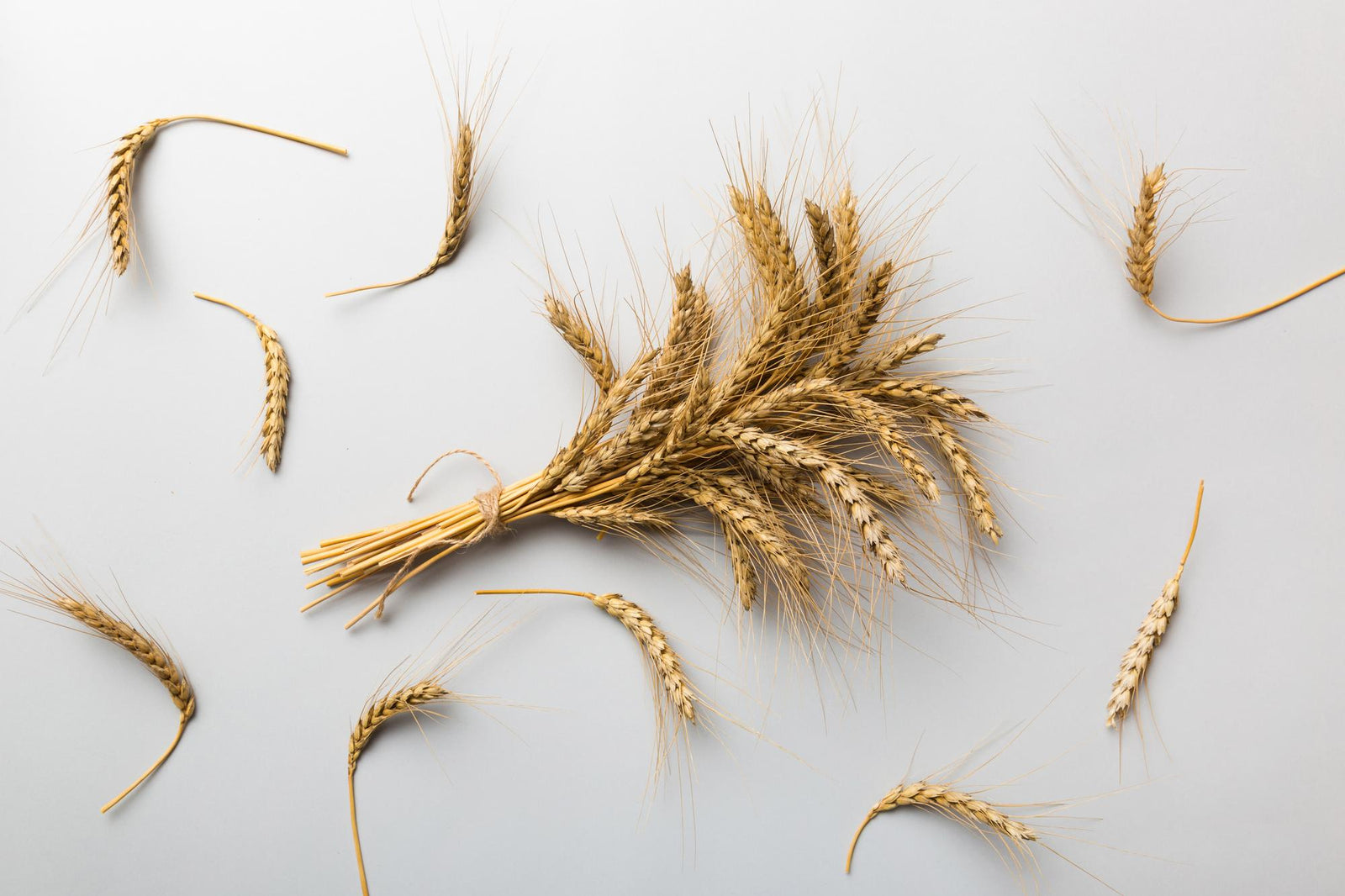
November 15, 2023 4 min read
In the world of whole grains, wheat berries stand tall as nutritional powerhouses, offering a spectrum of benefits that go beyond just filling your plate. These tiny kernels pack a punch when it comes to nourishing your body, and today, we're diving deep into the top five wheat berries nutrition facts. So, grab a seat, maybe a cup of tea, and let's explore the incredible world of wheat berries.
Wheat berries are a robust source of dietary fiber, and we all know that fiber is like the unsung hero of our digestive system. Picture it as a friendly broom, sweeping through your intestines, promoting regular bowel movements, and keeping everything in tip-top shape.
Why Fiber Matters:
For a plant-based source of protein, wheat berries shine bright. They provide a substantial amount of this essential macronutrient, making them a fantastic addition to vegetarian and vegan diets.
Why Protein Matters:

Wheat berries are not just about fiber and protein; they bring a whole squad of essential vitamins and minerals to the nutritional party.
Key Nutrients in Wheat Berries:
In the battle against free radicals – those pesky molecules that can damage cells – antioxidants are our trusty allies. Wheat berries bring their fair share of these protective compounds, helping your body defend itself against oxidative stress.
Antioxidants in Wheat Berries:
Embracing wheat berries as part of your diet may contribute to a happy and healthy heart. The combination of fiber, antioxidants, and other heart-loving nutrients makes them a heart-healthy choice.
Heart Benefits of Wheat Berries:

How to Enjoy Wheat Berries: Simple and Delicious Ideas
Now that we've uncovered the impressive nutrition facts of wheat berries, you might be wondering how to incorporate them into your meals. Fear not – here are some simple and delicious ideas:
Wheat Berry Salad:
Breakfast Bliss:
Stir-Fry Wonder:
Soup Surprise:
Baking Adventures:
Conclusion
Wheat berries, with their impressive nutritional profile, deserve a place on your plate. From supporting digestive health to providing a protein punch and offering a range of essential vitamins and minerals, these tiny kernels bring a lot to the
❤ Try our USDA certified organic Wheat Berries ❤
Related Blogs:
Comments will be approved before showing up.

January 27, 2025 3 min read
Flaxseed, the tiny yet powerful superfood, is packed with nutrients that can support weight loss. From curbing hunger to stabilizing blood sugar, this guide dives into the science of how flaxseed can help you shed those extra pounds.

December 11, 2024 3 min read
Discover three quick and easy soup recipes featuring organic small red beans. From a classic vegetable soup to a creamy potato blend, these wholesome recipes are perfect for chilly days and busy weeknights. Packed with flavor and nutrition, these soups will warm your heart and soul this winter!

December 06, 2024 3 min read
This vibrant and nutritious Green Lentil Salad combines tender lentils with grilled chicken, fresh vegetables, and a zesty lemon dressing. Packed with protein, fiber, and essential vitamins, it’s the perfect healthy meal for any time of day.
© 2026 Be Still Farms- Real, Fine Organics.
Privacy | Terms | Refund Policy | Organic Certification
